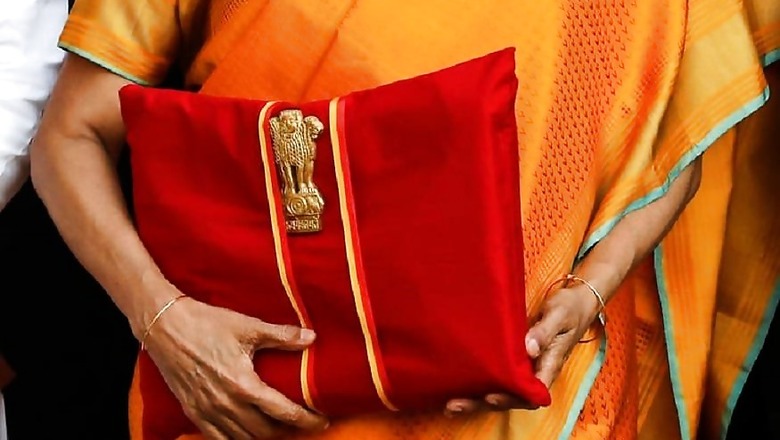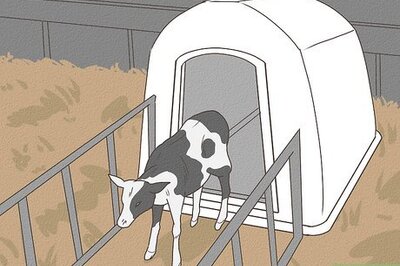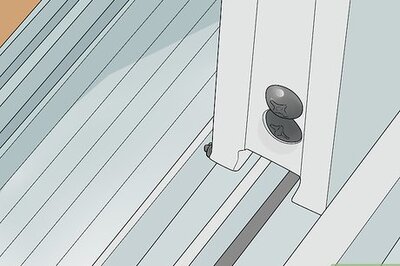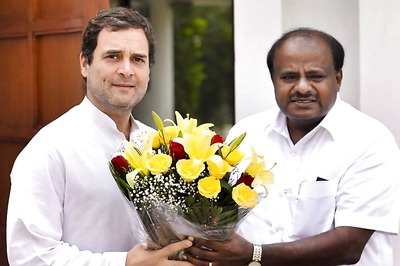
views
New Delhi: The government's proposal to introduce new optional tax regime without exemptions and deductions will adversely effect the savings in India, according to experts.
Finance Minister Nirmala Sitharaman in Budget 2020-21 provided option to personal income tax payers to remain in existing tax scheme with exemptions and deductions or opt for a new simplified tax regime with lower tax rates but without exemptions and deductions.
NIPFP professor N R Bhanumurthy said as the economy is slowing down due to fall in demand across the segments, the government has tried to provide stimulus by cutting direct tax rates (both on personal and corporate incomes).
"Although marginally, this could help in reviving demand...This could have impact on households' savings as reduction in tax rates is accompanied by elimination of deductions for tax exemptions," Bhanumurthy said.
According to reports, over the past six years, India's savings rate has been considerably declining.
In 2012, the overall saving rate in India was around 36 per cent but it is now down to 30 per cent.
Noting that as the savings are already dwindling, there was expectations of having additional tax savings bond, Bhanumurthy said, "But, the Budget has come up with measures that could result in exactly opposite impact".
Commenting on the proposal, eminent economist and former Union Minister Yoginder Alagh said, "It (proposal) will definitely reduce savings incentives".
Rohit Azad, assistant professor at JNU, said due to this proposal, savings rate may fall but that is not a bad thing during slowdown.
"But, what is more egregious is the impression created that the tax burden will go down whereas in net terms, for the middle and lower middle classes it will, in all likelihood, not go down," Azad said.
The finance ministry expects at least 80 per cent of the taxpayers to move to the new income tax regime, Revenue Secretary Ajay Bhushan Pandey had earlier said.
Under the new tax proposal, people with an annual income of up to Rs 2.5 lakh will not have to pay any tax. For income between Rs 2.5 lakh to 5 lakh, the tax rate (as earlier) is 5 per cent.
Further, those with an income of Rs 5 lakh to Rs 7.5 lakh will have to pay a reduced tax rate of 10 per cent; between Rs 7.5 lakh and Rs 10 lakh 15 per cent; between Rs 10 lakh and 12.5 lakh 20 per cent; between Rs 12.5 lakh and 15 lakh 25 per cent; and above Rs 15 lakh 30 per cent.



















Comments
0 comment